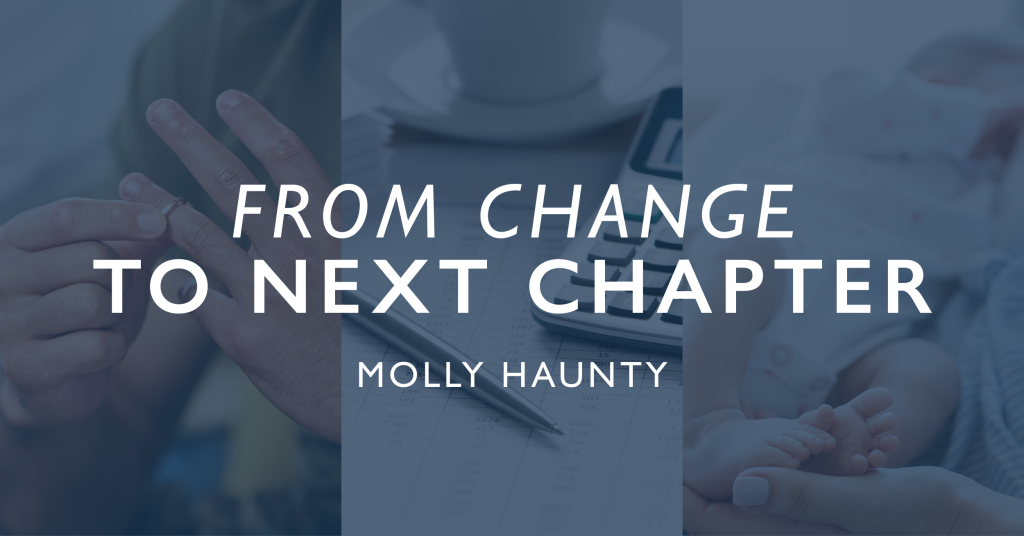
Life is full of transitions — some anticipated, while others catch us off guard. Successfully navigating them requires more than just reactive problem-solving; it takes perspective, planning and clear guidance.
Years of guiding clients through divorce have shown me that understanding your options and priorities, combined with thoughtful decision-making, is key to transforming uncertainty into opportunity. To explore this more in-depth, my colleagues at Berger Schatz and I are making this the focus of our next Educate Empower roundtable event.
On October 22, we’re bringing together legal, financial and mental health experts who will discuss practical strategies for addressing both planned and unexpected life changes with more confidence and clarity. Before then, here are some of our insights.
Emotional Resilience: Finding the Right Support
Major life transitions, like divorce, can feel unpredictable and overwhelming — more like a tornado than a straight path. Support from experienced mental health professionals can provide stability and the tools you need to regain your footing.
Panelist Tracy Wheeler, LCSW notes, however, that finding a therapist who fits your needs can take time. “You may need to meet with several therapists before finding one who suits you,” she says. “Being deliberate and persistent ensures you receive the right support to help you navigate these challenges effectively.” In addition to therapy, she says working with a divorce coach or transition specialist might also help you define your direction, manage stress and approach your next chapter with purpose.
Financial Clarity: Understanding the Full Picture
Financial uncertainty can amplify stress during life-changing events. As a divorce attorney, I often see how this plays out during the process: when one spouse doesn’t have a full grasp of the finances, it can lead to misunderstandings, delays and added stress.
Sarah Tims, a Certified Financial Planner™ at Curi Capital and another panelist, sees this frequently in her work. She says it’s common for one spouse to be more involved in the day-to-day finances while the other focuses on long-term planning and investments. “No matter the arrangement,” she points out, “it’s important for everyone to have a clear understanding of both sides, so you’re not starting from scratch if circumstances change.” By reviewing your assets, debts and future goals early on, financial advisors can help you identify options that align with your priorities.
Estate Planning: Protecting Today & Tomorrow
With a clear understanding of your finances, estate planning allows you to manage risks and secure your assets in a wide range of scenarios. While many think of it solely in terms of end-of-life planning, it can be equally important for protecting a person’s life and decisions today. Plus, it can be a critical tool for preserving your autonomy and decision-making power following a divorce. My team and I regularly collaborate with estate planners to ensure that post-divorce documents — such as wills, trusts and beneficiary designations — reflect our clients’ new circumstances and safeguard their objectives.
Panelist Jim Duggan from DUGGAN BERTSCH, LLC emphasizes that a comprehensive estate plan covers a wide spectrum of possibilities, from divorce or incapacity to lawsuits and bankruptcy. “It’s my job as a lawyer to anticipate all the contingencies life might present,” he says. “Working with a thoughtful estate planner ensures you have a roadmap customized to your circumstances, giving you more confidence and clarity in the ultimate control and disposition of your assets over generations.” Designating trustworthy individuals as trustees, executors or powers of attorney also makes it more likely that your wishes will be carried out, even in unexpected or contentious situations.
Life-changing events like divorce are rarely simple, and each path forward is unique. By taking a holistic approach, you can make more thoughtful decisions and move forward with intention.